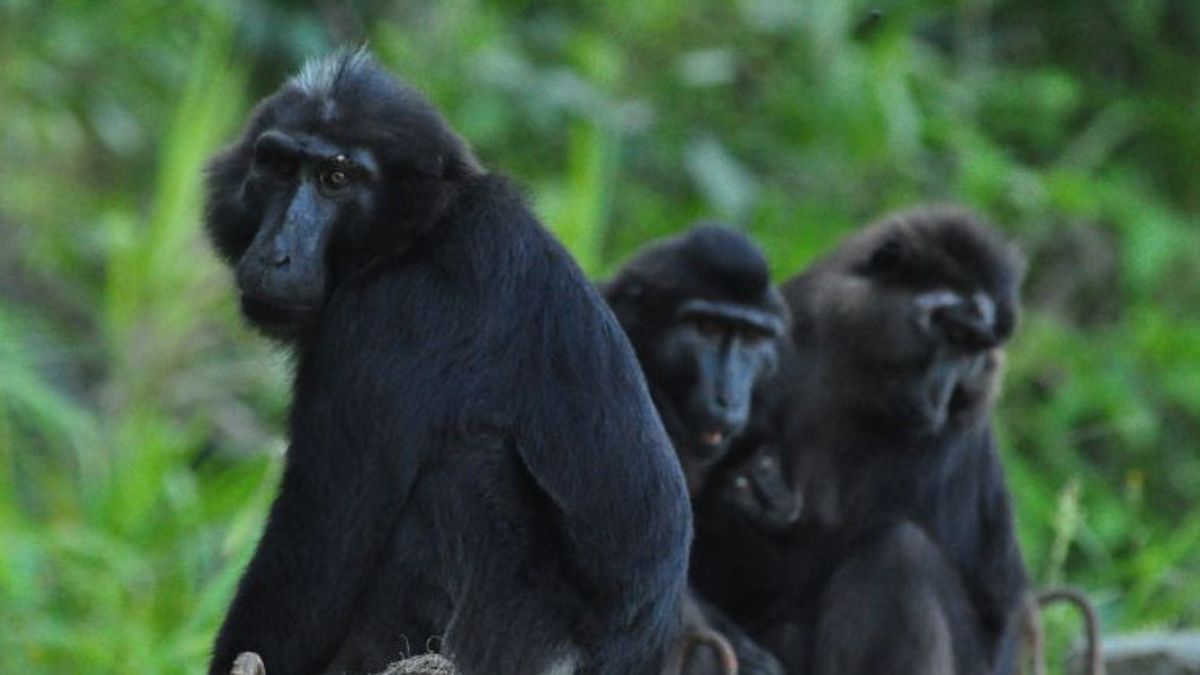PALU - The Natural Resources Conservation Agency (BKSDA) of Central Sulawesi asked the people in the province to protect the survival of the black macaque or Migrant Macaca from poaching because this endemic to Sulawesi is classified as an endangered species.
"Now its status has become appendix 2 or threatened with extinction, so we ask the public to stop hunting the Sulawesi monkeys, and this animal is a state asset that must be preserved for its survival," said Head of the Central Sulawesi BKSDA Hasmuni Hasmar in Palu as reported by ANTARA, Tuesday, July 26. .
He explained that the status has been through many surveys, both conducted by the BKSDA and carried out by a number of competent parties, one of which is the International Union for Conservation of Nature (IUCN) or the International Conservation Agency, the results of which show a drastic decline in population in recent years.
Based on the survey, the BKSDA stated that the total population of Macaca Nigra or 'Yaki' in Central Sulawesi is no more than 1,000 in their habitat.
According to the BKSD, the decline in the population was triggered by human activities which continued to open new agricultural lands, thus having an impact on massive hunting.
"This illegal hunting is usually killed because it disturbs residents' plants or is kept, even a group of people consume the meat, therefore we actively educate and campaign to the public that these animals are protected," he said.
Hasmuni added that not only endangered animals are protected, but all animals in their habitat must be protected so that they do not experience population degradation, while this role needs to involve the community.
Based on Government Regulation (PP) Number 7 of 1099 concerning Preservation of Plant and Animal Species, it cannot be carried out by internal government but through private parties.
Therefore, it is not possible to make arrests for the purpose of captivity, unless it is a private party.
One of the most dominant factors in reducing the population of Macaca Nigra, continued Hasmuni, is behavior that is increasingly worrying as a result of the human habit of feeding in any place.
"Our efforts have been to intensify socialization and install signs prohibiting feeding black monkeys on the Tawaeli-Toboli route or coffee plantations, because these animals often appear on the surface," said Hasmuni.
The English, Chinese, Japanese, Arabic, and French versions are automatically generated by the AI. So there may still be inaccuracies in translating, please always see Indonesian as our main language. (system supported by DigitalSiber.id)













